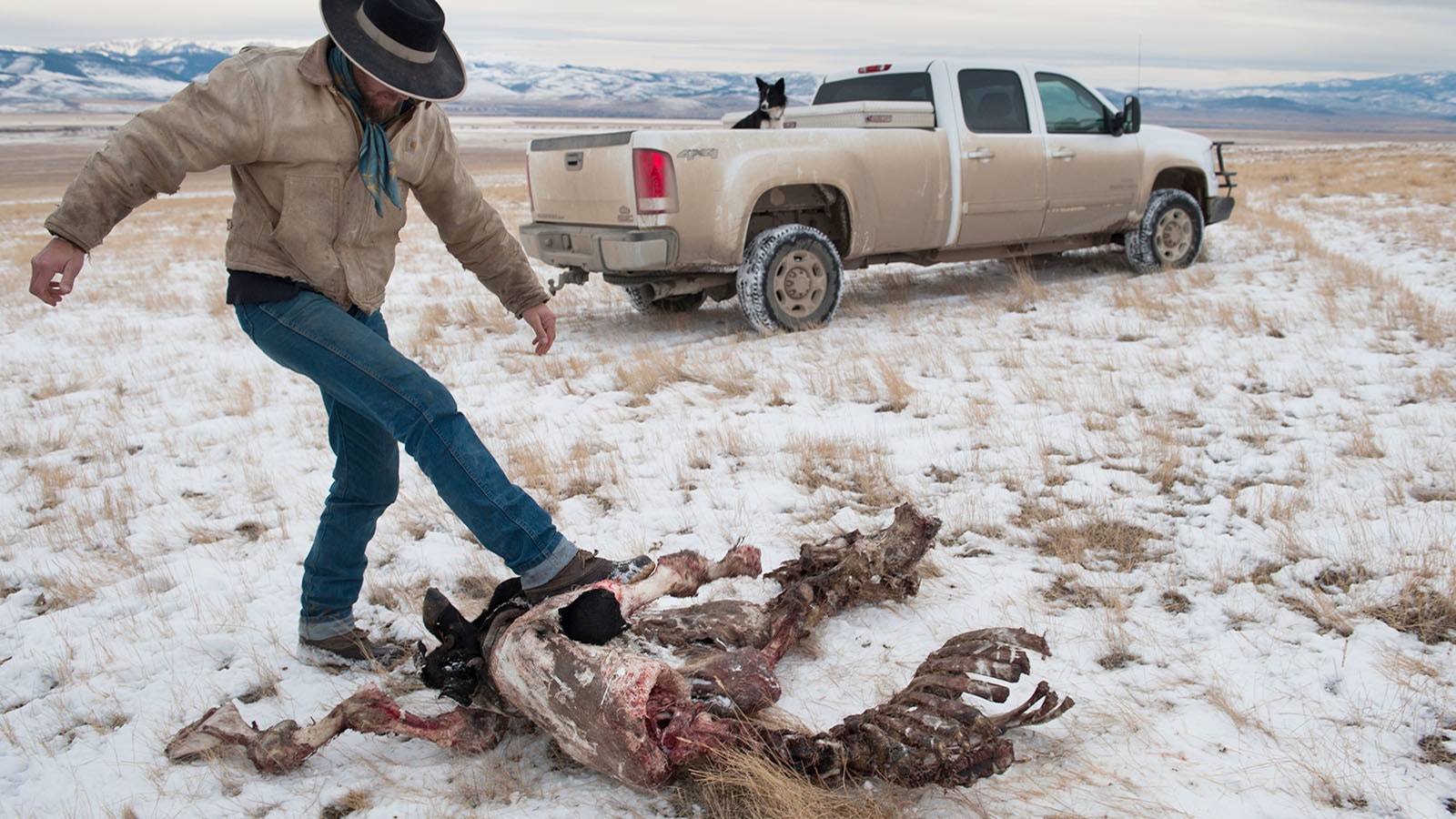Compensation for livestock animals killed by wolves has been available only to ranchers adjacent to Yellowstone National Park, but a bill sent to Gov. Mark Gordon’s desk would extend that across Wyoming.
House Bill 188 would allow for compensation payments for wolf kills in the “predator zone,” which covers about 85% of Wyoming.
The Wyoming House passed it by a vote of 58-4 on Feb. 8. The Senate passed it 29-1 on Wednesday. It passed concurrence between both houses Thursday, and House Speaker Rep. Albert Sommers, R-Pinedale, signed it and sent it forward to Gordon on Friday.
Three Zones Of Management
There are three zones of wolf management in Wyoming. Inside Yellowstone Park, they are fully protected.
There is a “trophy game zone” for them in the areas of Wyoming adjacent to the park. In that zone, wolves may be hunted, but only with a license and according to set hunting seasons and bag limits.
Ranchers in the trophy game zone are eligible for compensation payments when wolves kill their livestock.
The rest of Wyoming is designated a “predator zone” for wolves, which means they can be killed on sight with no hunting license, season or bag limit restrictions.
Ranchers in the predator zone aren’t eligible for compensation payment for wolf kills, and HB 188 seeks to change that.
Wolf Kills Tough To Prove
In that 85% of the state, it’s roughly estimated that there are 39 wolves, five active packs and one breeding pair, said Game and Fish Director Brian Nesvik.
Though she testified in favor of HB 188 during legislative committee hearings, southwest Wyoming sheep rancher Laura Pearson said that wolf kills can be tough to verify.
She said in recent years, her family’s flocks were decimated by wolves, which often left no more than “a little bit of wool in the brush” as evidence.
“We used to run about 14,000 ewes. Now we are running 740 ewes,” she said during her testimony. “We’re not completely out of the sheep business, but we pretty much are, and it’s because of the wolves.”





